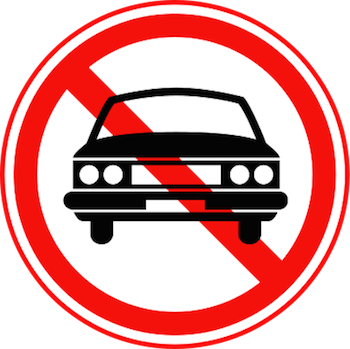No Ticket to Ride: City Government vs Rideshare

By Olivia Grady
On December 23, 2015, the Seattle City Council passed Ordinance 124968, allowing the unionization of self-employed rideshare drivers for companies like Uber and Lyft.
The ordinance amended Section 6.310.110 of the Seattle Municipal Code and added Section 6.310.735 to regulate transportation network companies and for-hire vehicle drivers.
The explanation given for the change by city officials was that collective bargaining would help the people of Seattle because it would lead to safer services:
WHEREAS, allowing taxicab, transportation network company, and for-hire vehicle drivers (“for-hire drivers”) to modify specific agreements collectively with the entities that hire, direct, arrange, or manage their work will better ensure that they can perform their services in a safe, reliable, stable, cost-effective, and economically viable manner and thereby promote the welfare of the people;
The law also purportedly allows drivers to better negotiate their working conditions because (union advocates claim) without a union, drivers can’t unilaterally negotiate effectively.
The ordinance further allows the city to regulate who can be a driver, how much the rates are, safety requirements, license requirements and even “any other requirement to ensure safe and reliable transportation services.”
Never mind that unionization of drivers will lead to less flexibility for the driver and worse service for the customer; the city has also proposed that only full-time drivers, or those who have at least 52 rides in three months, are allowed to vote for a union representative.
The union, however, will represent all drivers, whether they are full-time or part-time.
The union will be able to negotiate contracts that help full-time drivers and hurt part-time drivers even though part-time drivers are one-third of all drivers. A union, for example, could limit locations and times to full-time drivers and cut benefits for new drivers.
Full-time workers will likely get an opportunity to vote on union representation sometime between April and July of 2017.
While Seattle was the first city to pass an ordinance allowing for drivers to be unionized, other cities, like Austin, Texas, have aggressively targeted rideshare companies in other ways.
In June 2016, Uber and Lyft decided to leave Austin after the city mandated a fingerprint background check for all drivers. This regulation cost the people of Austin some 10,000 jobs.
In a time when labor participation rates are worse than they've been in decades, city officials should think twice before passing ordinances that benefit union bosses at the expense of job creators and consumers.





